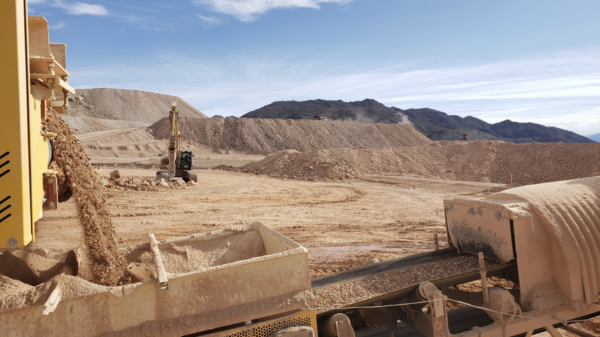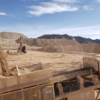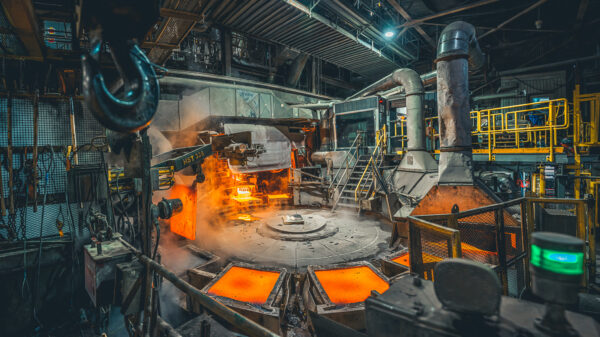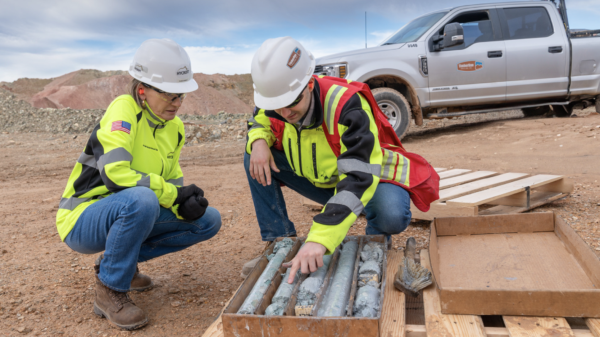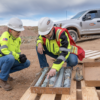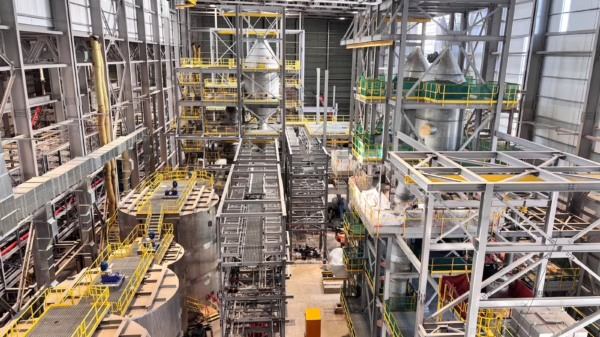Norwegian Parliament’s Tuesday vote for seabed mining in the Norwegian Sea has raised environmental concerns among many in the capital Oslo.
The decision allows prospectors to survey seabed deposits between Norway and Greenland, primarily above the Arctic Circle, within areas under Norway’s national jurisdiction. This decision aligns with the global surge in demand for metals crucial in manufacturing electric vehicle batteries.
Initially, the exploration will focus on gathering data about the quantity of metals in the seabed and potential impacts on aquatic life. Any subsequent industrial-scale seabed mining would necessitate parliamentary approval.
Norway joins a list of nations, including Japan, New Zealand, Namibia, and the Cook Islands, considering or advancing seabed mining. Simultaneously, the International Seabed Authority, a UN-affiliated agency, is drafting regulations that could permit seabed mining in international waters.
With a history of deriving wealth from the sea, initially through fishing and later offshore oil drilling, Norway aims to diversify its economy amid declining revenues from the oil industry. The Norwegian Ministry of Energy sees seabed mining as a potential new and vital marine industry.
However, critics, including marine biologists and groups like the World Wildlife Foundation, express concerns about potential risks to the seafloor ecosystem due to insufficient knowledge.
Read More: Norway may start mining critical minerals in the Arctic seafloor if new proposal is approved
Mining would occur over 108,000 square miles
Seabed mining in Norway is proposed to occur within a 108,000-square-mile expanse of the Norwegian Sea, stretching towards the Barents Sea. Remote-operated equipment would extract sulphide deposits containing copper, zinc, gold, silver, and cobalt, essential components for electric vehicle batteries.
Major industry players, like Equinor express skepticism, acknowledging potential environmental risks. Norway’s energy minister, Terje Aasland, remains optimistic, emphasizing economic viability and responsible extraction practices.
The Ministry of Energy insists mining will only be permitted if it can be demonstrated to be reliable and responsible. He added that the ministry will prohibit mining in areas featuring active undersea volcanic vents, considered particularly sensitive.
‘Really a sad day’ as Norway votes to allow deep-sea mining in Arctic waters.https://t.co/ZFkMiH0KEy
— Blue Planet Society (@Seasaver) January 10, 2024
While Norway is new to seabed mining, contractors with the International Seabed Authority have been conducting exploratory work for years. The Metals Company, a Canadian mining start-up, is ahead, having completed a test mining effort in 2022. Approval for industrial-scale mining is pending, awaiting final regulations and continued environmental scrutiny.
Environmentalists and scientists fear the effect mining could have on sea life, along with other factors.
Environmental activism group Blue Planet Society called the decision “a very sad day” on social media. Greenpeace Norway head Frode Pleym previously referred to mining the sea as a disaster for the ocean.
“The Norwegian government is not only ignoring hundreds of concerned scientists,” he said, “but also showing disregard for its international obligations and national environmental legislation.”
zartasha@mugglehead.com







